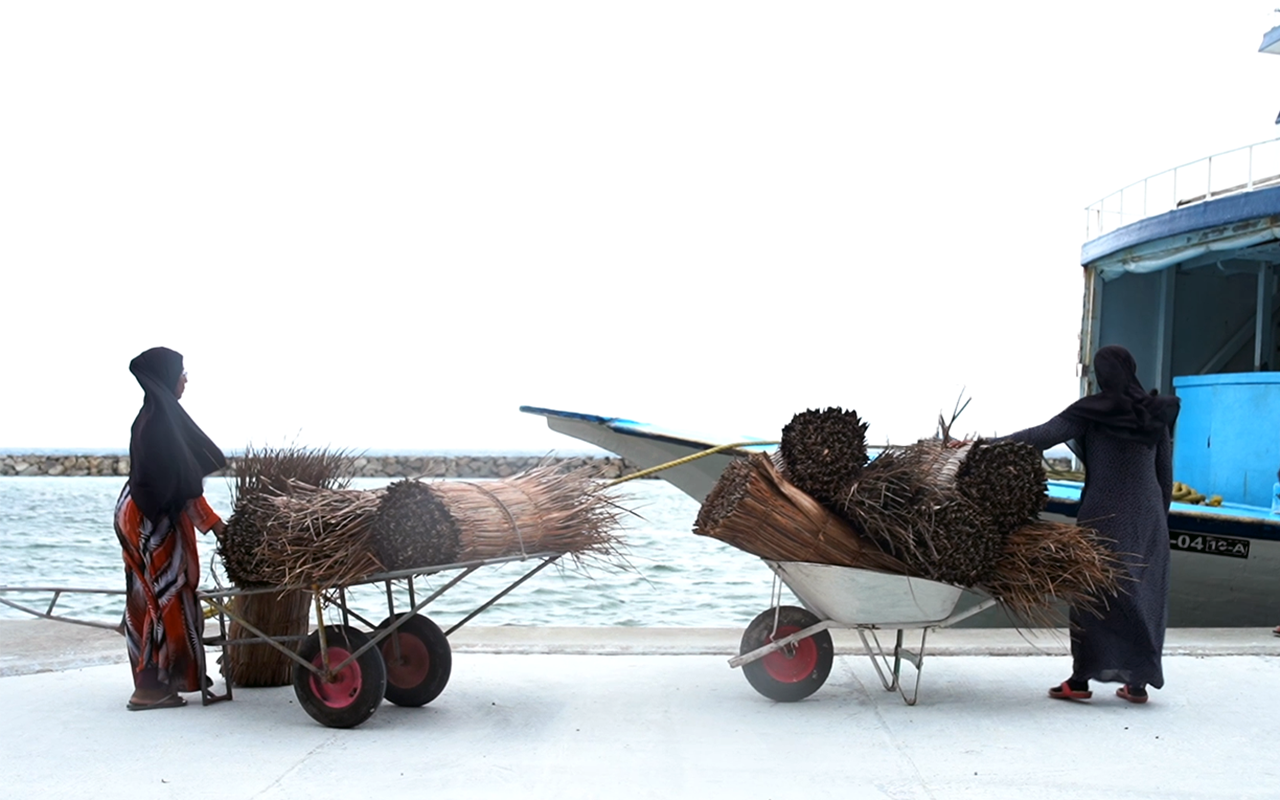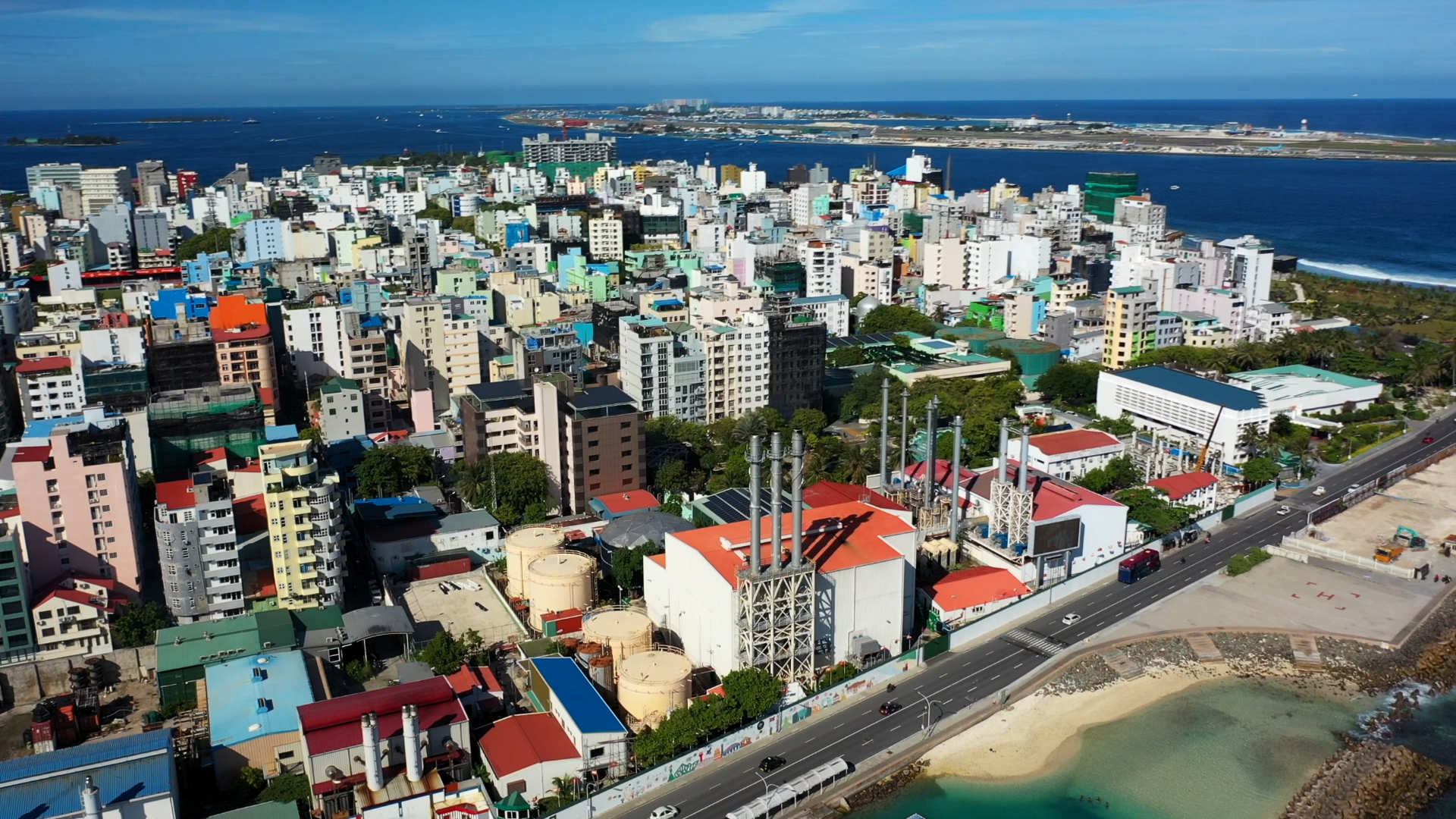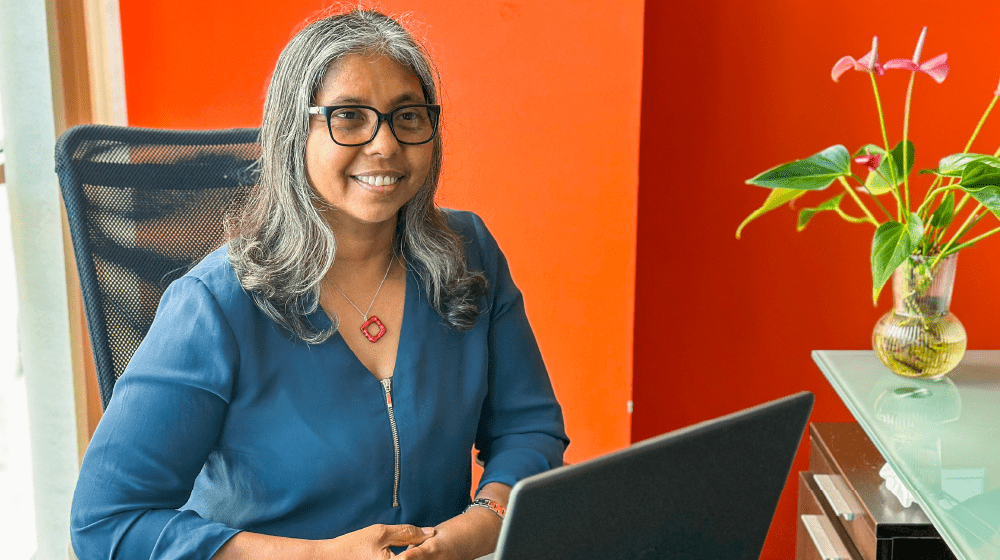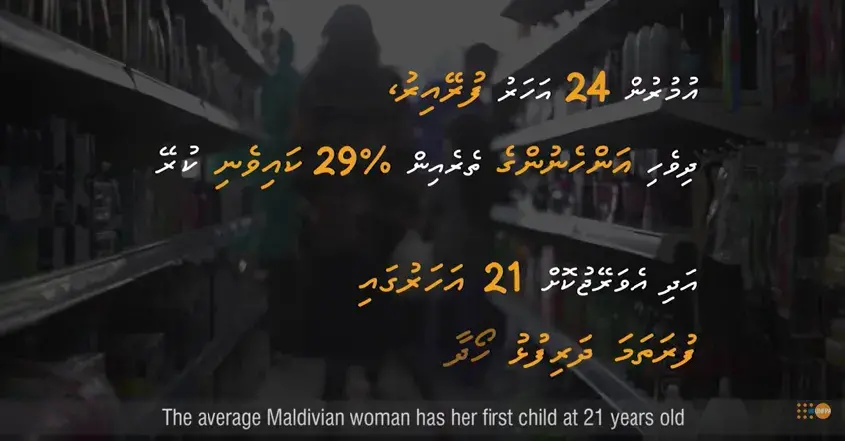Over the last thirty years, Maldives have seen real progress in women’s health. Between 1997 and 2020, the number of women dying due to complications during pregnancy and childbirth has dropped significantly from 259 to 57 out of every 100,000 live births. Currently, our maternal, neonatal and under-five mortality rates are among the lowest in the South Asia Region and people are living longer. Life expectancy has increased by 20 years since the 1990s to an average of 84 years.
But as we push forward, we need to reflect on today’s reality.
Some women still struggle to access the health services they need. For instance, 1 in every 3 Maldivian women who wish to avoid pregnancy lack access to contraceptives, a challenge exacerbated by sociocultural and geographical disparities. Safe and healthy reproductive care should be accessible for all, regardless of socioeconomic status or disabilities.
However, while many benefit from changing norms around contraception and better care during pregnancy and childbirth, too many women are still facing serious health issues stemming from lifestyle diseases. Although there is no food poverty in the Maldives, 2 out of 3 women of reproductive age are anaemic and more than half are obese. These conditions contribute greatly to ill health and complications during pregnancy and childbirth.

Our progress is stalling. Alarmingly, 1 in 10 pregnancies per day in the Maldives are unplanned, which speaks to the persistent gaps in family planning despite three decades of programs. The fertility rate in our nation, meaning the average number of children a woman has over her lifetime, has also sharply declined from 2.5 to 1.7 between 2009 and 2023, raising concerns about declining population trends and issues like infertility and subfertility. Subsequently, the country is expected to have an increasing ageing population.

The impact of environmental issues on reproductive health cannot be overlooked. Pollution and rapid urbanisation pose further risks to maternal health, leading to higher rates of stillbirth and complications during pregnancy. The heat from climate change is also predicted to increase risks such as premature births and stillbirths. An increase of 1°C in the week before delivery corresponds with a 6% greater likelihood of stillbirth. As a small island development state facing significant environmental changes, it’s critical to establish clear links between these factors and women’s health to address health inequalities but also support sustainable development tailored to our unique circumstances.
The path forward is clear: We must prioritise equal access to healthcare, dismantle barriers to health services and empower women to make decisions about themselves and their futures. We cannot rely on broad solutions, but must tailor our efforts to meet the specific needs of our communities within the Maldives.
The improvements in women’s health over the past thirty years stand as a testament to the power of collective action and dedicated investment. We must not lose the momentum we have built. In the coming decades, let us measure progress, not by the gains afforded to those easiest to reach, but by the ability to lift up everyone.
Ms. Shadiya Ibrahim is the Head of Office of UNFPA Maldives Country Office.




